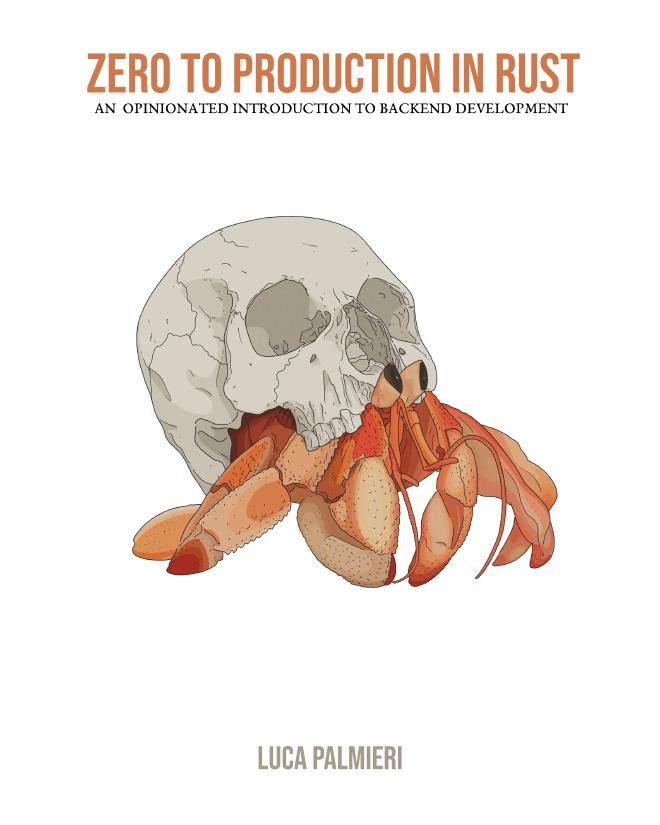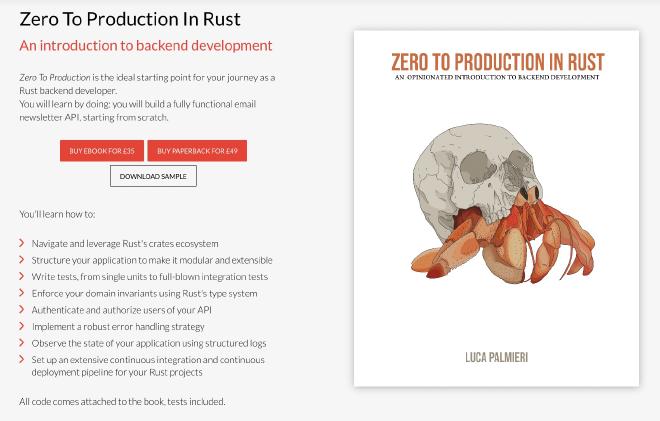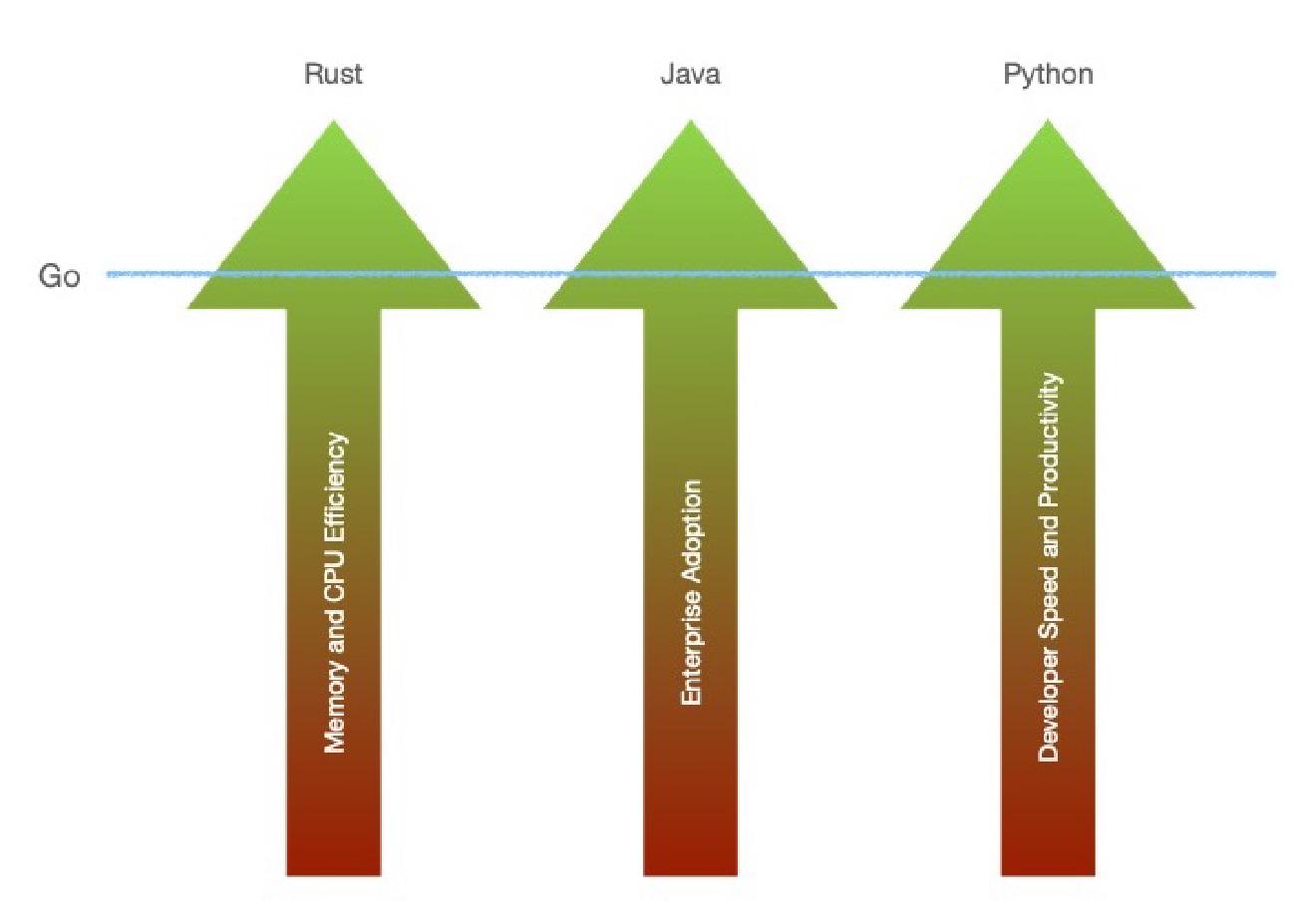
As a programmer actively participating on social media, I often meet people who have either switched to working with Rust or are actively trying to do so. I can make sense of this trend. Rust is not just a “faster X!” It’s a faster, safer, and more systematic X . X being any high-level programming language one could name.
So, where is the catch? Nothing in life comes for free, which also applies to Rust. All that safety and runtime performance come at the cost of a large portion of time and effort that one needs to invest ahead of time. It may pay off hundreds of times during the lifetime of a project; however, it is difficult to see the concrete steps to getting there.
I see myself as a “pragmatic web developer” and “maker of things.” I often start new ideas from scratch and have developed my own development process using Java and Elixir. Both are solid options for developing software, but they can be unsafe if not properly tested.
That is why I was immediately sold when I heard about Luca Palmieri’s book Zero To Production In Rust. A book that teaches you a complex language like Rust using a familiar example from the good old web world? Yes, please!

Zero To Production In Rust will take a new Rustacean through the challenge of building an email newsletter-sending service from scratch. This includes the entire process - from thinking about and developing the service itself, adding extensive tests for it, to wrapping it up in a container and deploying it in the cloud.
I found Luca’s first-hand developer tips on how to set up one’s environment or what tools to use especially helpful. Luca goes beyond explaining the usual steps one can find in the official documentation and gives actionable and opinionated insights from his own experience. I’m personally all for people doing that; it brings a whole new level of respect to the person as an individual.
This book isn’t really aimed at people who are new to programming. If you don’t have much experience with programming, especially for the Web, bookmark this article and return when you have gained some programming experience. Some technologies are easier to build web applications in than Rust, and you should learn those first. They will help you understand the basics of Web programming and, over time, will give you an idea of why doing the same thing in Rust makes sense.
If you are a seasoned developer like myself, you are more than welcome to give the book a read. Whether Zero To Production in Rust will make you want to switch from your favorite tech stack and go full-Rust afterward is difficult to say. After more than a decade doing Java, I will always be most comfortable choosing the JVM over anything else, including the pure developer of writing Elixir.
Still, as a constantly curious individual, I am always on the lookout for tools and techniques I could add to my toolbelt or learn new tricks. I think we all should be - if we weren’t, the Java ecosystem would have stagnated decades ago and not be the constantly evolving market player it is today. I think we can all learn a lot from practicing Rust, and Zero To Production in Rust is the perfect way to do it!
Other Reviews #
Notes on Luca Palmieri's Zero to Production in Rust
I bought Luca Palmieri's book on the recommendation of a colleague and wanted to share my own thoughts on it as a production Rust user. I offer my thoughts as I go through the book linearly. I intentionally don't go out of my way to contextualize my commentary as this is not intended to be a substitute for Luca's excellent book. Also, it saves me time writing this blog post.
Have something to say? Join the discussion below 👇
Want to explore instead? Fly with the time capsule 🛸
